Best Time for Exterior Woodwork Repairs
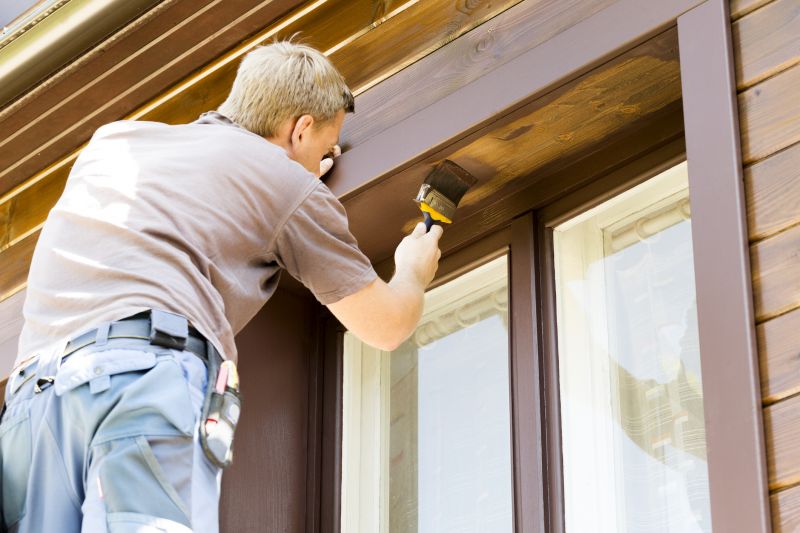
Spring offers mild temperatures and lower humidity, ideal for exterior woodwork repairs. It allows materials to cure properly and reduces the risk of moisture-related issues.
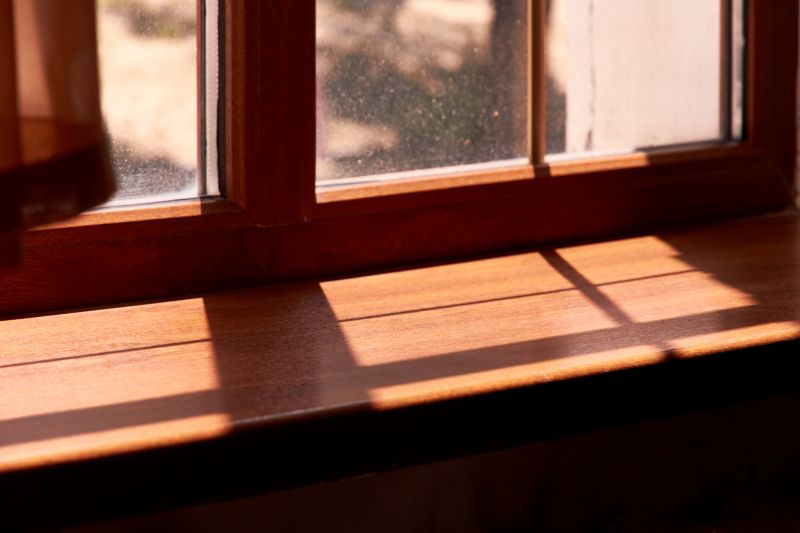
Summer provides longer days and warmer weather, facilitating drying and curing processes. However, excessive heat or humidity should be avoided for optimal results.

Fall is suitable for repairs before winter, provided temperatures remain above freezing. It ensures repairs are settled before harsh weather conditions.
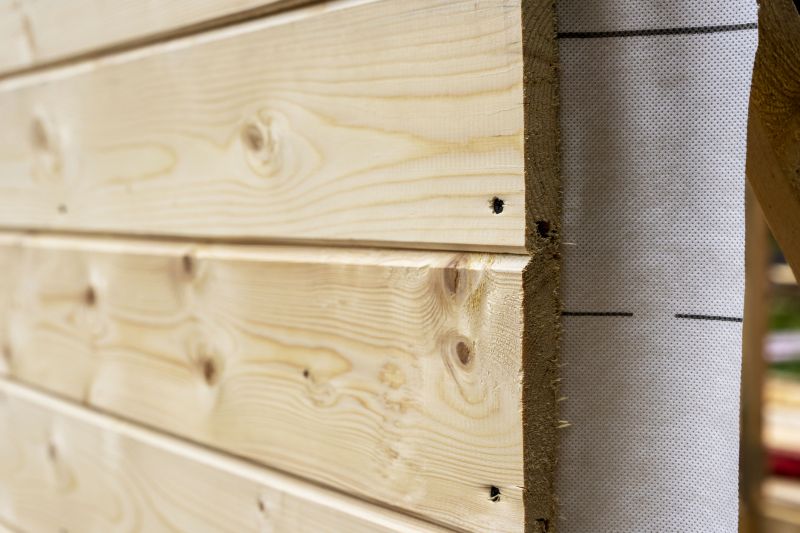
Ways to make Exterior Woodwork Repairs work in tight or awkward layouts.
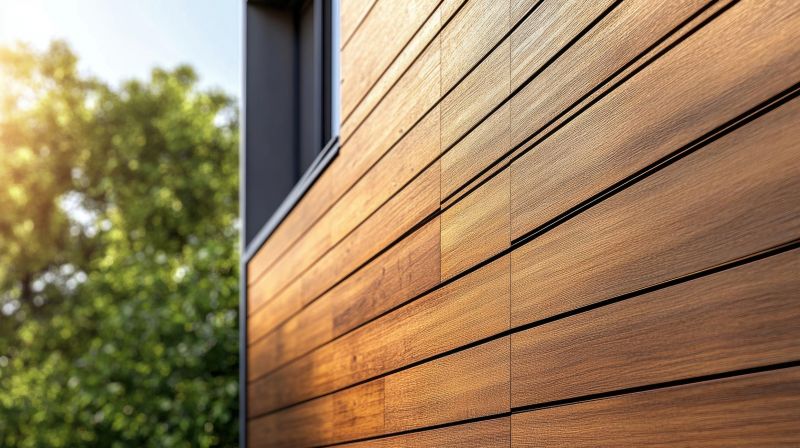
Popular materials for Exterior Woodwork Repairs and why they hold up over time.
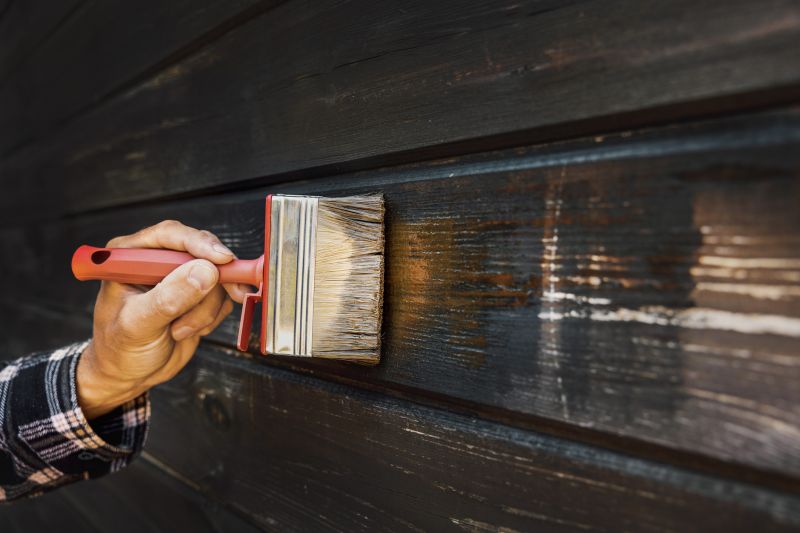
Simple add-ons that improve Exterior Woodwork Repairs without blowing the budget.
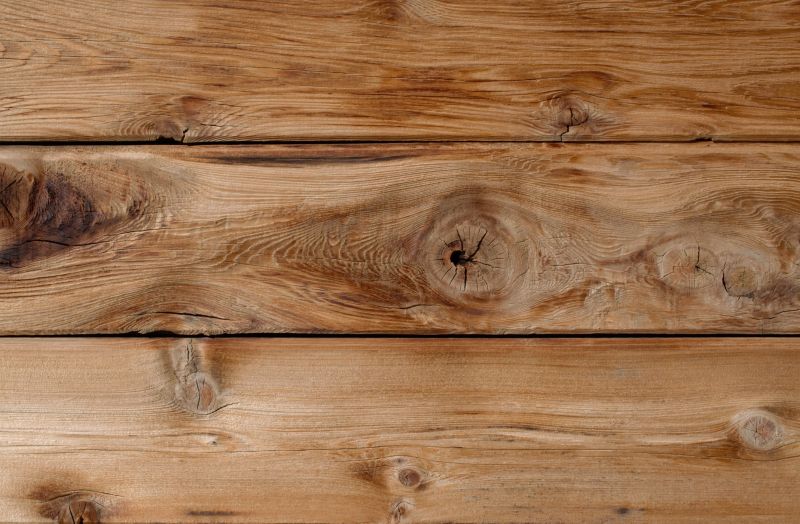
High-end options that actually feel worth it for Exterior Woodwork Repairs.
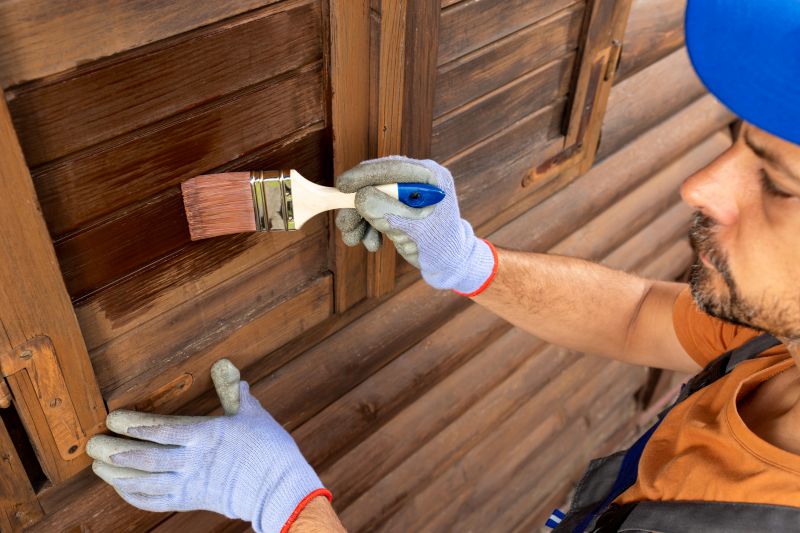
Finishes and colors that play nicely with Exterior Woodwork Repairs.
Exterior woodwork repairs involve restoring and maintaining the structural integrity and appearance of wood elements on buildings. Proper timing ensures longevity and effectiveness of repairs, preventing issues like rot, warping, and insect damage. Seasonal considerations play a significant role in achieving optimal results, with milder weather conditions supporting better adhesion of paints, stains, and sealants. Statistics indicate that repairs conducted during appropriate seasons tend to last longer, reducing the need for frequent maintenance.
Weather conditions directly influence the success of exterior woodwork repairs. Rain, high humidity, and extreme temperatures can compromise materials and adhesion.
Ideal conditions include temperatures between 50°F and 85°F with low humidity, ensuring materials cure properly and adhesion is maximized.
Cleaning and inspecting wood surfaces before repairs is essential. Removing debris and old paint prepares the surface for better bonding and durability.
Techniques include wood replacement, sanding, sealing, and applying protective coatings to extend lifespan and improve appearance.
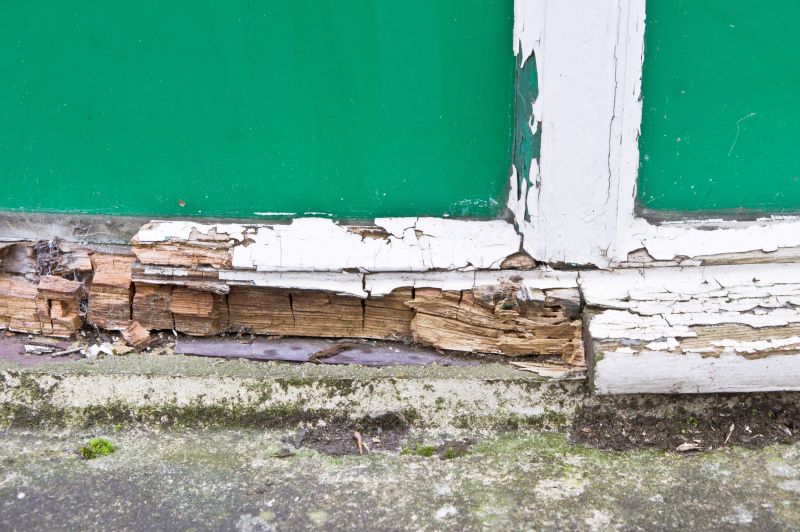
Spring's moderate temperatures support effective repairs and sealing.
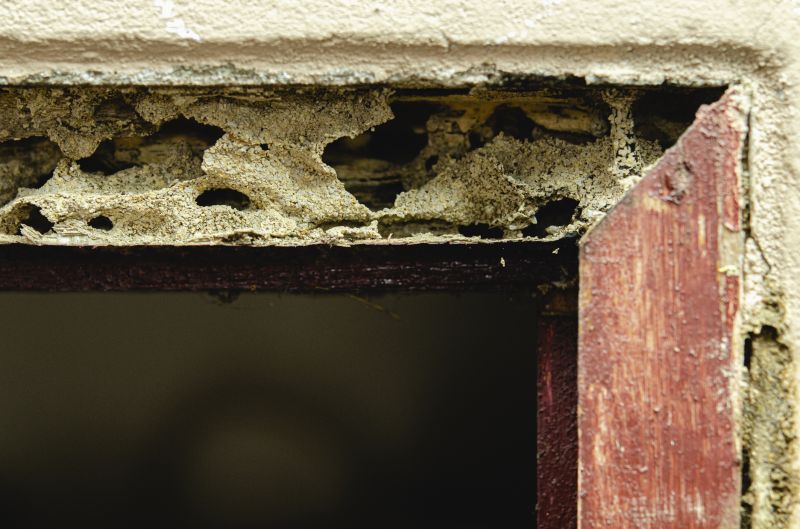
Warm weather allows for thorough repairs, but avoid peak heat hours.
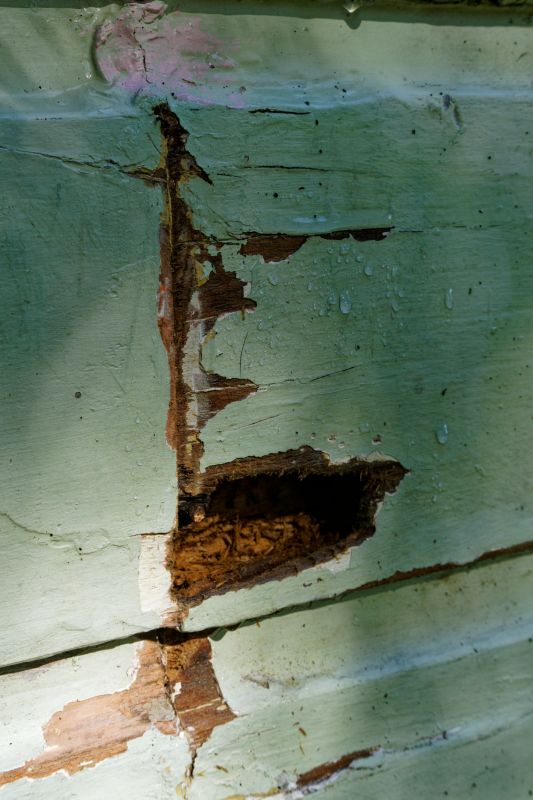
Perform repairs early in fall to prevent winter damage.
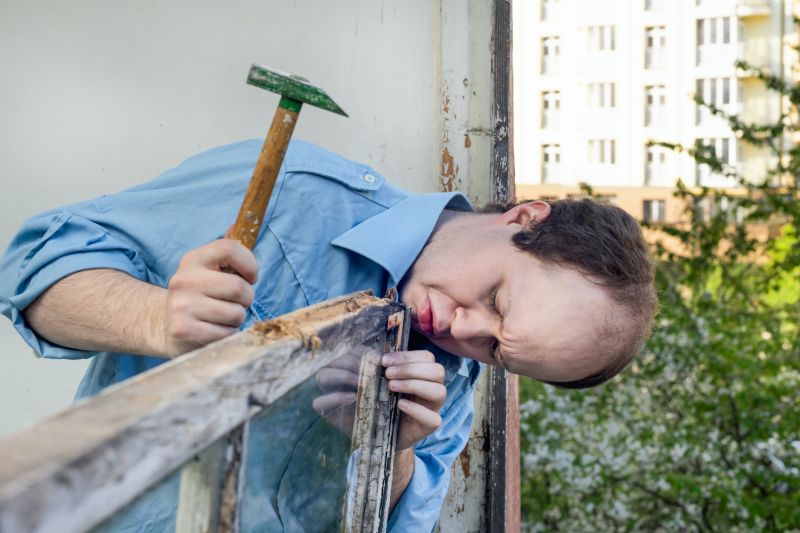
Winter is generally not suitable for repairs due to freezing temperatures and moisture risks.
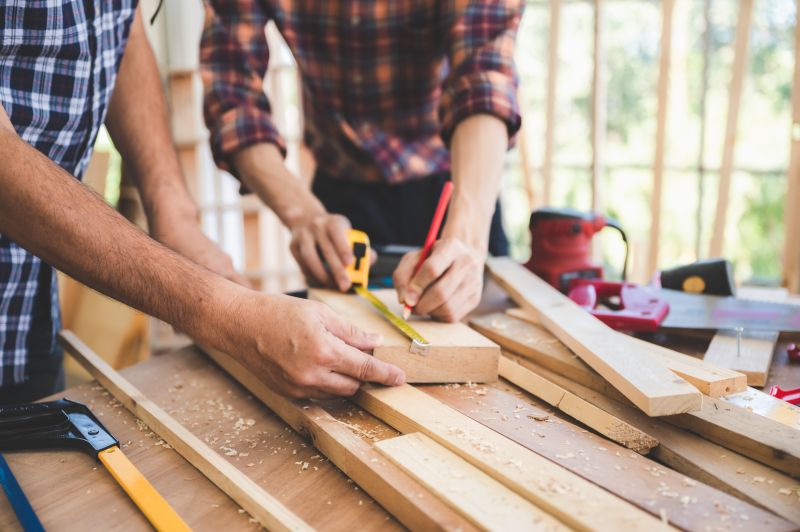
Little measurements that prevent headaches on Exterior Woodwork Repairs day.
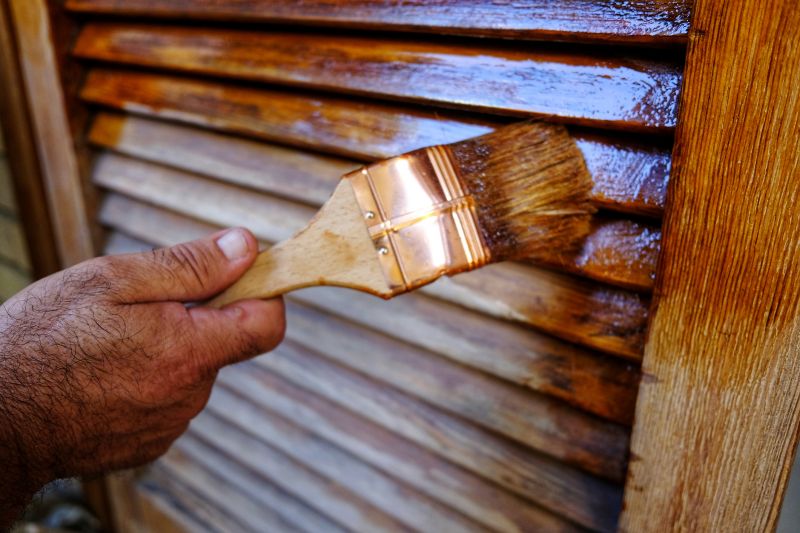
A 60-second routine that keeps Exterior Woodwork Repairs looking new.
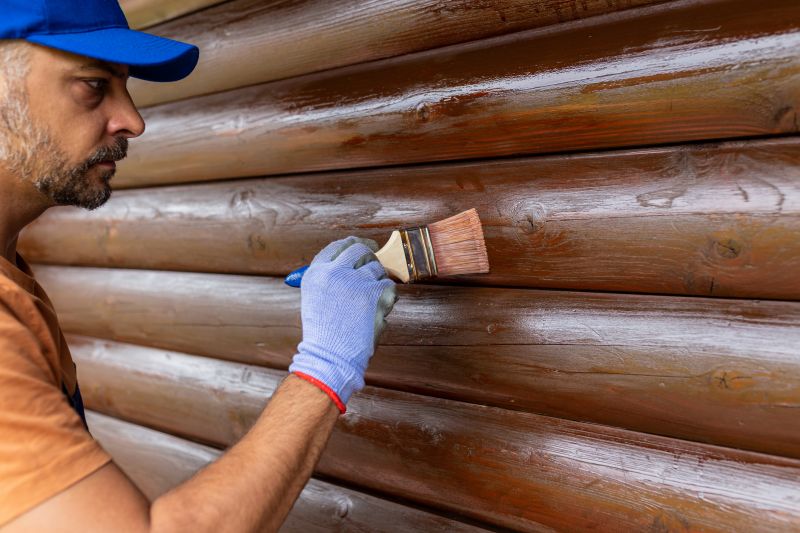
A frequent mistake in Exterior Woodwork Repairs and how to dodge it.
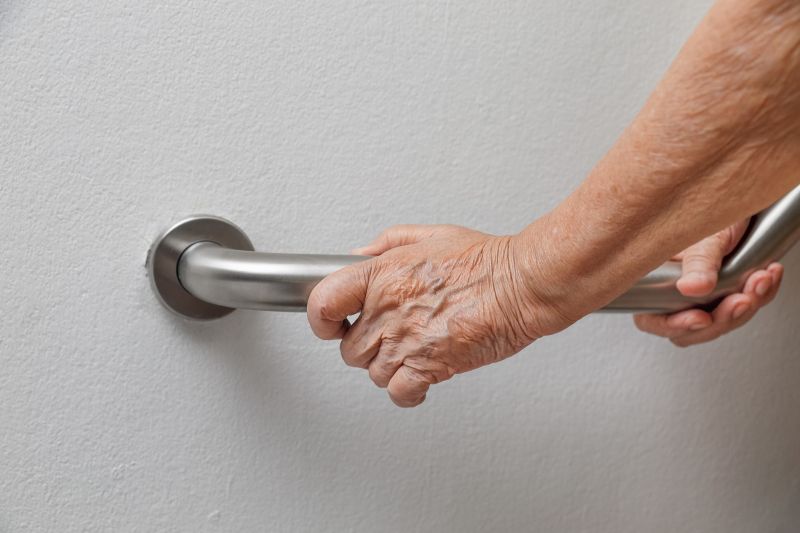
Small tweaks to make Exterior Woodwork Repairs safer and easier to use.
| Season | Ideal Repair Conditions |
|---|---|
| Spring | Temperatures 50-70°F, low humidity, dry days |
| Summer | Temperatures 70-85°F, low humidity, avoid peak heat |
| Fall | Temperatures above freezing, dry weather |
| Winter | Below freezing, high moisture, not recommended |
Choosing the right time for exterior woodwork repairs enhances durability and appearance. Seasonal factors such as temperature, humidity, and precipitation influence the curing process of paints, stains, and sealants. Proper timing reduces the risk of future damage, including rot, insect infestation, and warping. Regular maintenance and timely repairs can significantly extend the lifespan of wood elements, ensuring they remain structurally sound and visually appealing.
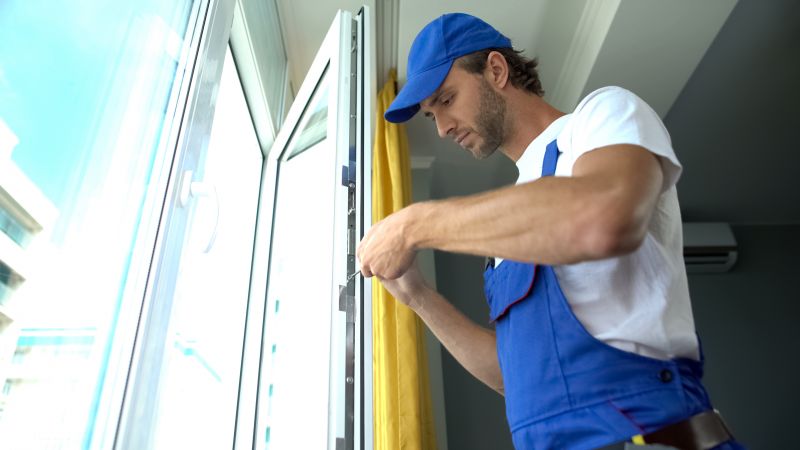
Workers performing repairs during spring's favorable conditions.
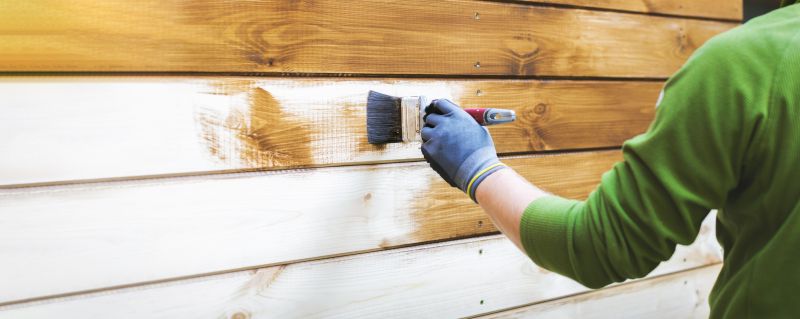
Applying protective coatings in warm, dry summer weather.
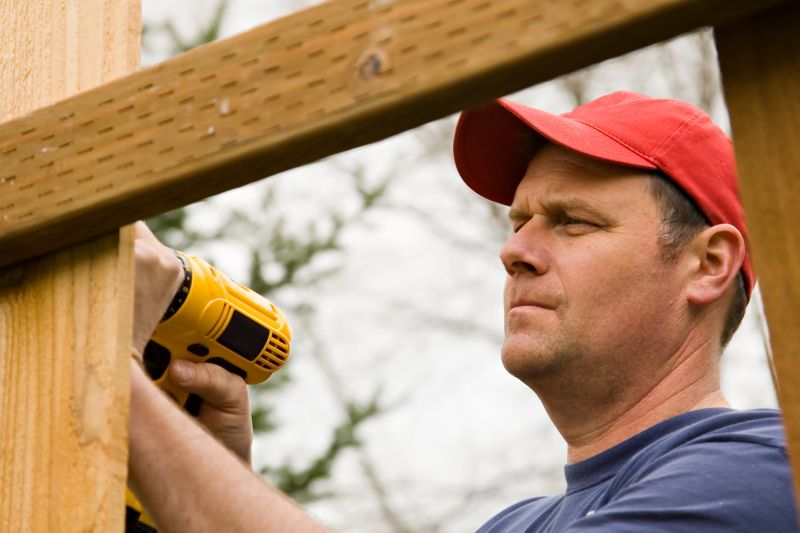
Preparing woodwork for winter with timely repairs.
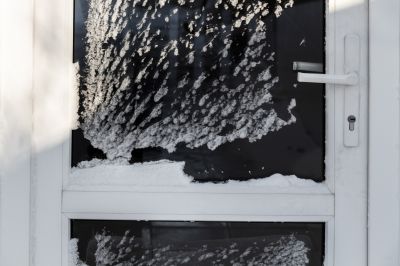
Inspections and minor repairs to prevent winter damage.
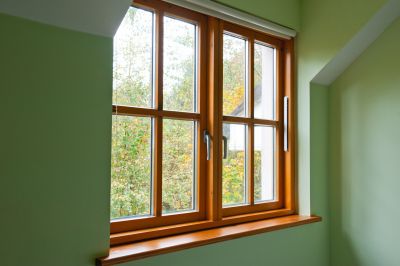
Lower-waste or water-saving choices for Exterior Woodwork Repairs.
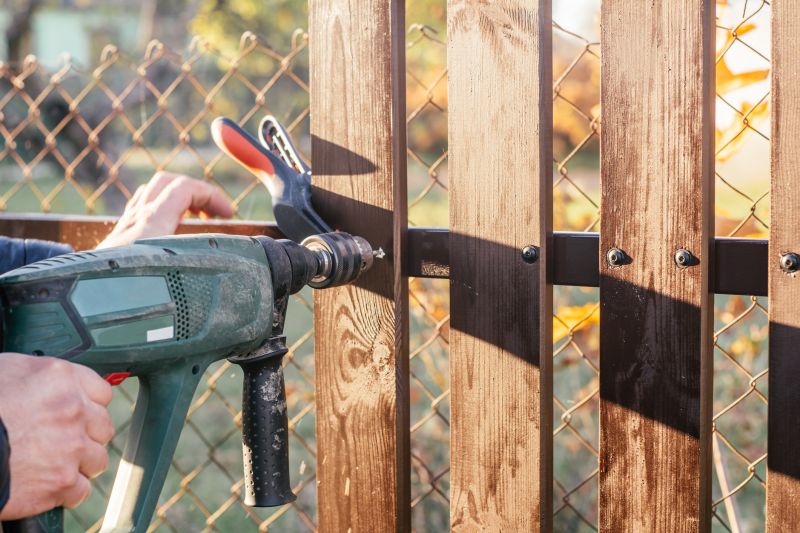
The short, realistic tool list for quality Exterior Woodwork Repairs.
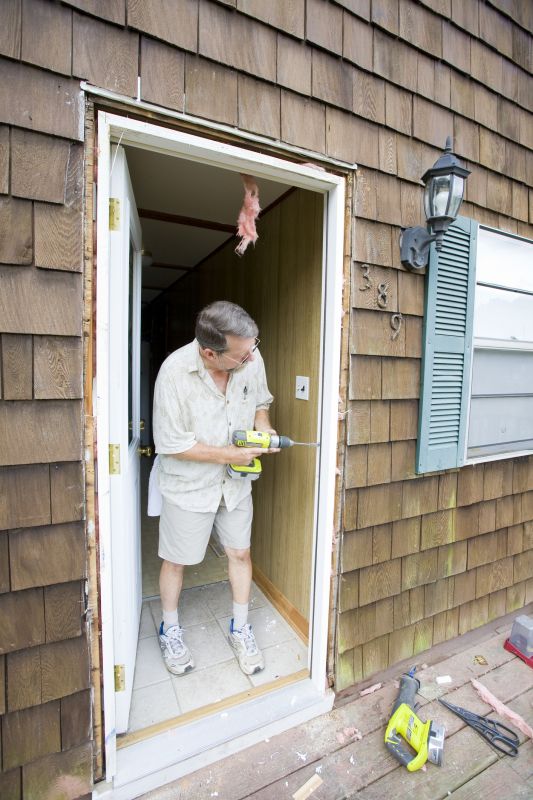
Rough timing from prep to clean-up for Exterior Woodwork Repairs.
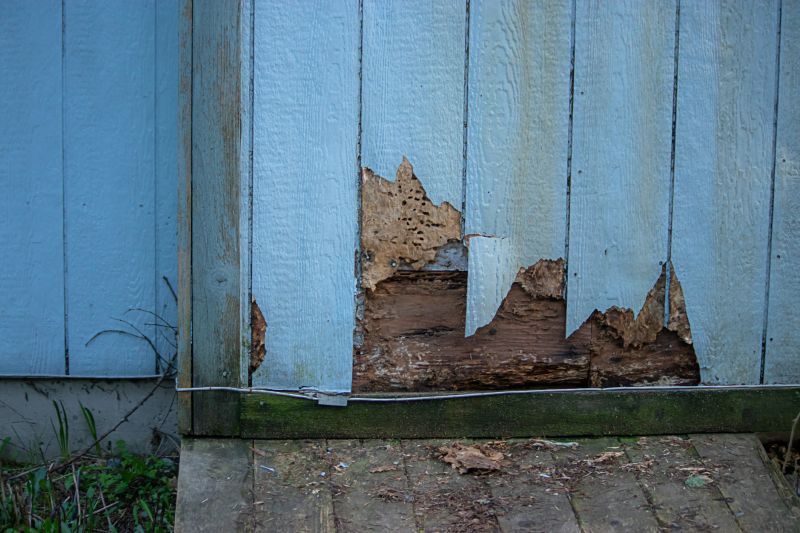
Quick checks and paperwork to keep after Exterior Woodwork Repairs.
Interested in scheduling exterior woodwork repairs? Filling out the contact form provides an opportunity to discuss specific needs and receive tailored recommendations for your property.
